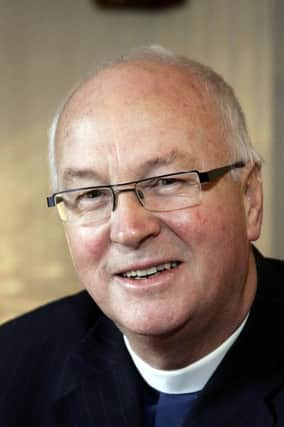Paid at the battle of New Orleans


One such was Andrew Jackson, whose parents Andrew and Elizabeth with their two boys, left Boneybefore, Carrickfergus in 1765, en route to America. Not long after they settled in the border region between North and South Carolina, Elizabeth became pregnant again; but before his third son was born Andrew died in a farming accident. The new baby was given the name Andrew, after the father he never knew.
He grew up to be a skinny fellow, with a feisty temper and little inclination to study. He inherited £300 or £400. He couldn’t remember the exact amount and he frittered it away in a matter of weeks, gambling on cards, horses and dice. He became a self-taught frontier lawyer, but business was slow, and he was known for his boisterous life-style; often leaving establishments with his bill unpaid.
Advertisement
Hide AdAdvertisement
Hide AdEventually, he took to soldiering, becoming head of the Tennessee militia, and gaining a reputation for toughness. Someone compared him to a branch of the hickory tree, thin but impossible to break. Thereafter, he was simply, ‘Old Hickory’. A British attack from the Gulf of Mexico, thrust him into the forefront of public attention. When the city of New Orleans was threatened by the British, the raw Americans under Jackson, won a stunning victory.
When news of the victory became known a man named John Lister, from whose inn Jackson had departed years earlier, retrieved the old bill from his files, and wrote across it, ‘Paid at the battle of New Orleans’.
The New Testament writers, in attempting all that Christ had done to reconcile us to God, use a variety of ideas, because the achievement of the Cross is too vast to be expressed in one single concept. They went to the Temple, and saw a sacrificial lamb, and said, ‘Christ, our Passover Lamb has been sacrificed for us’. They went to the law courts, and saw a prisoner acquitted, and said, ‘We have been justified.’
The apostle Paul wrote that Christ paid the debt of our sins at Calvary. He wrote: ‘He forgave all our sins, having cancelled the written code that was against us; he took it away, nailing it to his cross’. (Colossians 2; 13,14).
It is glorious thing to know our sins are forgiven, our debt paid at Calvary.